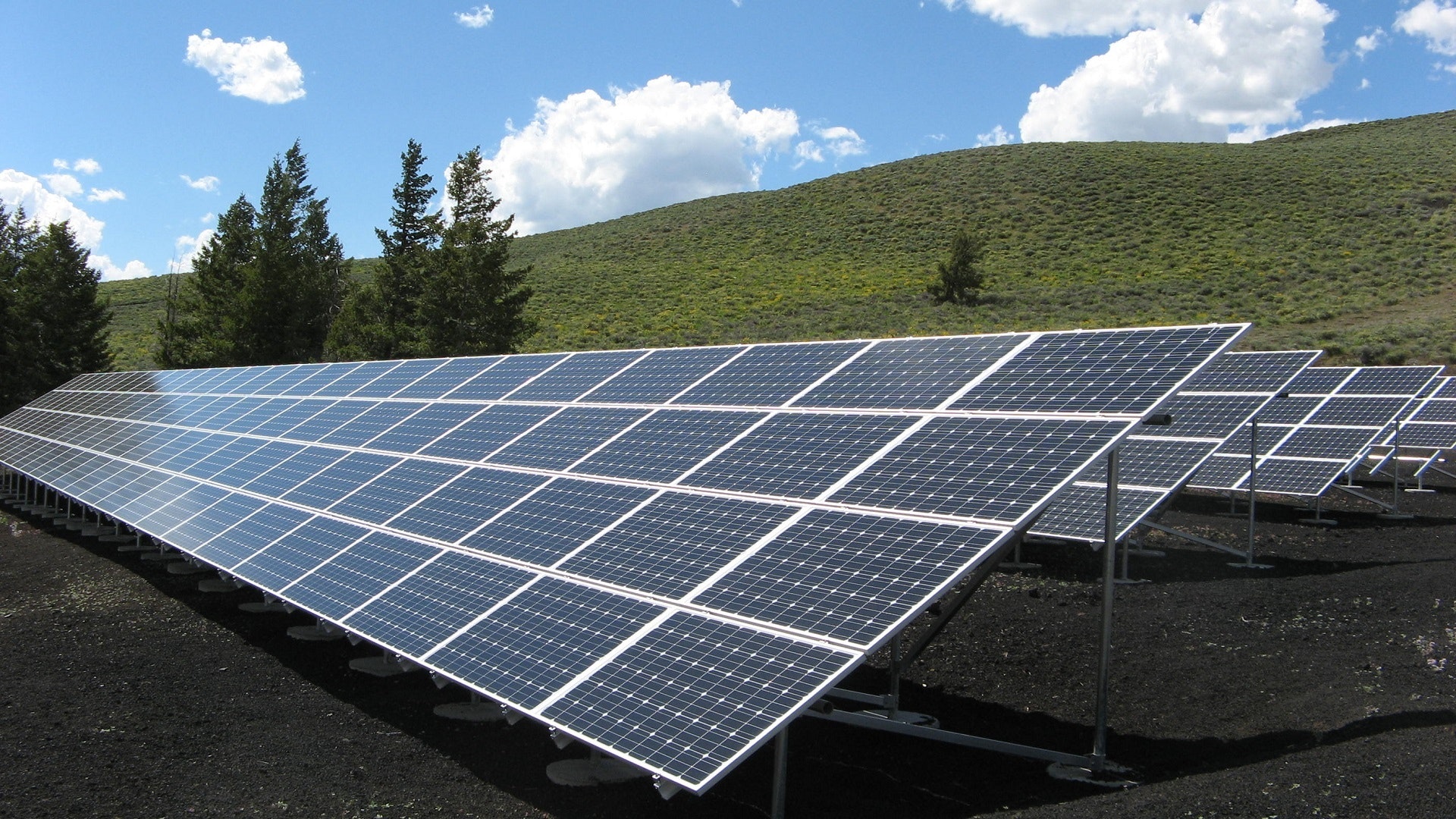
About the course
With a focus on individuals and countries in the global south, the starting point for this course is recognition of the importance of resource use and the environment as building blocks for economic development. Using concepts and tools of environmental and development economics, the course aims to impart knowledge and develop critical thinking about a number of selected topics concerned with the interface between environment and development, at both the macro- and micro-scale. Central to this is an examination of the trade-offs and complementarities between economic development and the environment.
The course is structured over 10 weeks. After introducing the course (Week 1), the course is divided into two distinct sections (although there are sub-themes). There is a Reading Week (Week 6) as an interval between these two sections.
Part I (Weeks 2-5) concentrates on environment and sustainability in the context of the national and global economy. Our initial focus is on the role of wealth in shaping economic development prospects and how natural capital should be managed for sustainability (Week 2) as well as whether green growth can deliver the sustainability transition and the implications of the green economy for how development is measured (Week 3). We will then examine the environment-trade debate (Week 4) and look at the extent to which the expansion of global trade is a driver of resource depletion and environmental degradation, and what the policy implications of this debate are. A final topic in this initial part of the course emphasizes the overarching role of institutions (Week 5) in governing development paths and the way in which natural wealth is managed.
Part II (Weeks 7-11) considers a number of topics that explore different resources and areas of economic development and environment as well as sustainability policy at the micro-scale. This will examine the demand for and supply of key ecosystem goods and services - energy, food, and water – all of which have important implications for resource use and the environment. These resources also serve as building blocks for economic development. A further focus is the impacts of current development trends on natural and human-made ecosystems, in particular, forest and urban ecosystems. The economic analysis, and evidence for these trends, will be explored towards the end of the course, along with their implications for public policy.
